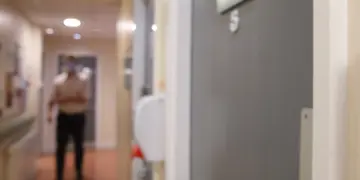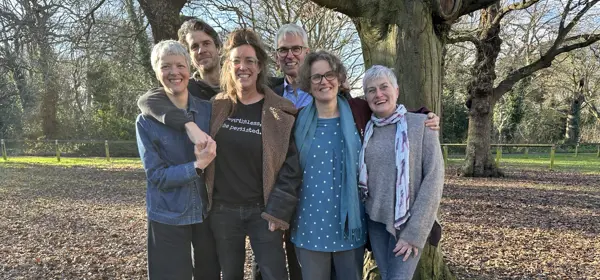Survey reveals extent of pressures on GP registrars
Survey reveals extent of pressures on GP registrars
GPs in training are facing burnout, anxiety and uncertainty about their careers, a BMA study found.
High levels of burnout, concerns over physician associates and plans to quit the UK are among the findings of a recent BMA survey of GP registrars.
A survey of more than 3,000 GPs in training from across the UK has laid bare the extent to which many doctors are struggling mentally, with 73 per cent of respondents experiencing stress, anxiety or depression while working in general practice.
The survey, which was conducted between 2 and 21 January this year, also found that while 38 per cent of those taking part in the survey planned to enter practice in the UK after completing training, just over a quarter (26 per cent) said they planned on working abroad as a GP.
Describing the results of the survey as painting a ‘sad picture’ of the future of UK general practice, BMA GP registrars committee chair Malinga Ratwatte warned that many GP registrars were being stretched beyond their limits before their careers had barely begun.
He said: ‘The results from this survey illustrate the enormous difficulties facing so many GP registrars today and paint an unfortunately sad picture about the future of general practice.
‘They might be shocking, but the revelations come as no surprise given the way we’re seeing our profession dismantled at the moment, with no credible solutions being implemented.
‘With inadequate funding, worsening conditions and an ever-growing workload on the back of an exodus of doctors in full-time NHS work, it is no wonder that so many GP registrars are already stretched beyond their limits so early into their careers, and are understandably concerned for their future prospects.’
He added: ‘GP partners are doing everything they can to keep their practices open and support registrars in their posts but are in desperate need of financial support. It is essential that the Government acts quickly to address the shameful levels of pressure, caused by poor investment strategies, into a stricken medical workforce.
‘We will continue to work with and listen to our GP registrar colleagues and highlight these results with our stakeholders so we can make strides to improve the quality of GP training and champion the concerns that many of us face so early into our careers.’
Career prospects unclear
Asked how often they were required to work late or outside of scheduled working hours, 36 per cent told the survey they did so most days, with 30 per cent stating that they did so every day, and just two per cent of respondents saying they were never required to do so.
Eighteen per cent told the survey they were unsure as to what intentions they had for their career post-qualification, with 60 per cent responding ‘no’ when asked whether they felt ‘positive about your future career prospects as a GP in the UK’.
Alongside the significant levels of burnout and uncertainty over future career plans reported to the BMA, the survey also explored doctors’ experiences of physician associates in the workplace.
Forty per cent of respondents said they had worked with PAs within general practice, with 39 per cent saying that the presence of these staff had had a negative impact on their supervision or debriefing from qualified GPs, while 38 per cent said PAs had had no impact.
Among those GPs in training who had been asked to write prescriptions or request imaging for PAs while working in general practice, 65 per cent said they had felt uncomfortable at having to do so.
When asked about how the expansion of PA roles might impact primary care, 89 per cent of GPs in training told the survey they were concerned about how these changes would affect patient care. Eighty-eight per cent said they were concerned about what increased numbers of PAs would mean for their future career prospects as GPs.
The concerns over the current use of PAs in general practice settings uncovered by the survey echoes the findings of previous polls conducted by the association.
A survey of more than 18,000 doctors from all branches of practice published last month revealed that, among doctors working in primary care, 89.6 per cent thought the way in which PAs were being employed in the NHS was a risk to patient safety, and 82 per cent believed that PAs frequently or often worked beyond their competence.




